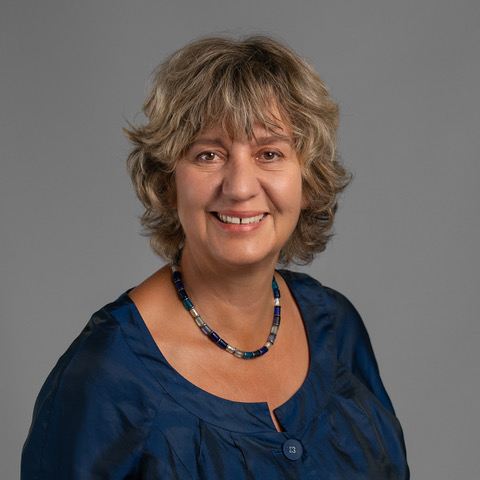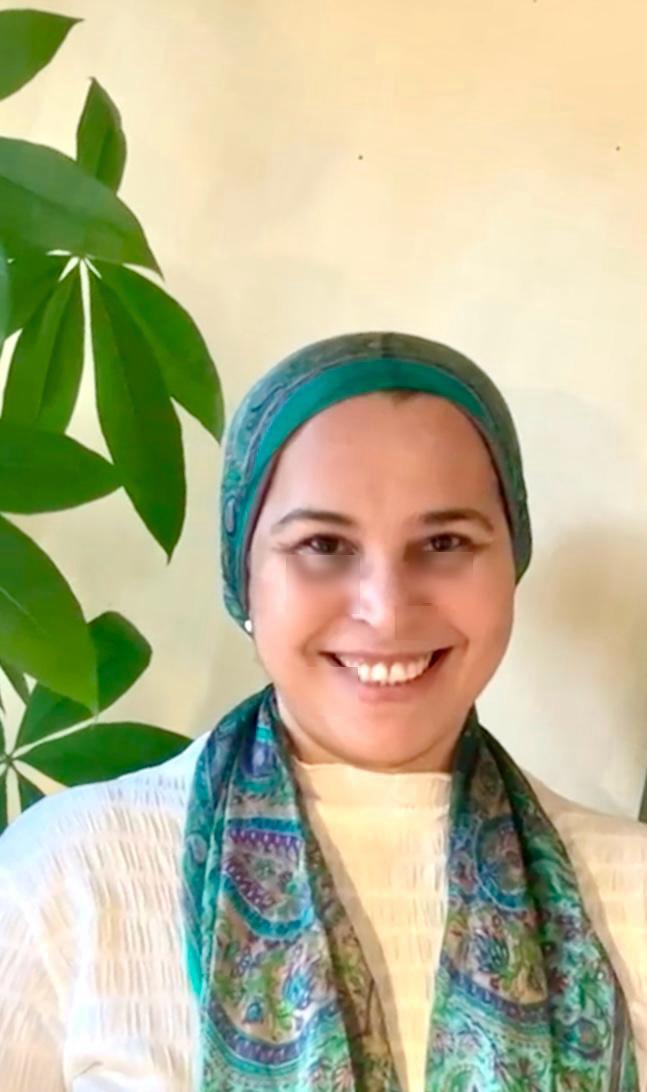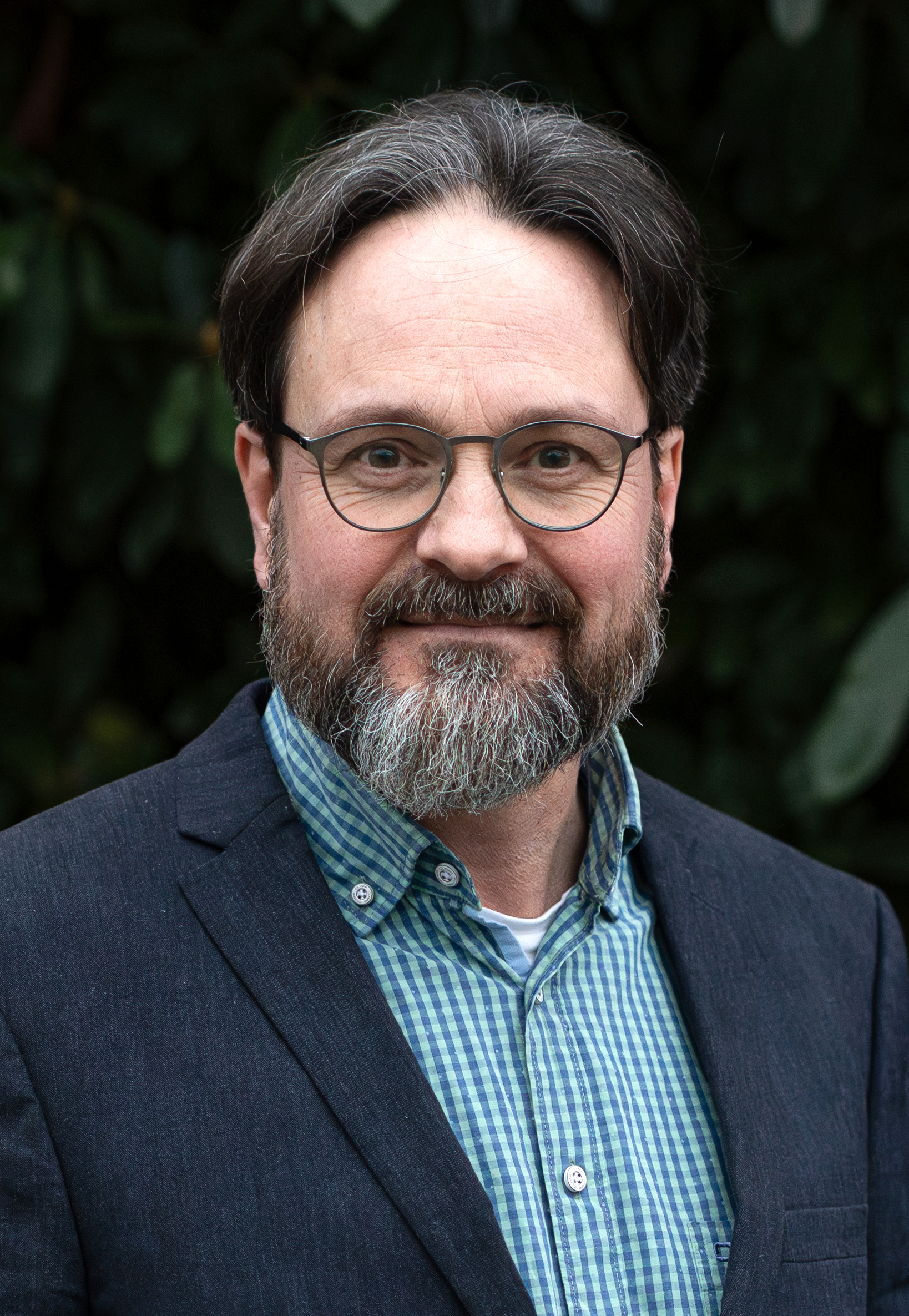
The project is primarily located at the Faculty of Humanities and Social Sciences at the University of Augsburg. With around 30,000 students, one focus of the university and this faculty is on teacher training for all types of schools. With the Center for Teacher Education and Interdisciplinary Educational Research (ZLbiB), the University of Augsburg is pursuing the goal of strengthening and further developing science-based, research-oriented and career-related teacher education. Heterogeneity research as a characteristic of current school development and empirical educational research has been a focus of interdisciplinary networking for several years. With the Teacher Professionalism in Dealing with Heterogeneity (LeHet) program, the teacher training quality campaign is being advanced with a competence network. The religious and ideological heterogeneity of a society that is becoming increasingly pluralistic also plays a role here. A project proposal to promote religious language skills (Prof. Naurath/ PD Dr Simone Ziermann) has already been funded here.
Furthermore, the University of Augsburg sees itself as a network university. With the establishment of interdisciplinary centers such as the Jakob Fugger Center as a research center for transnational studies, the Center for Interdisciplinary Health Research and the Climate Resilience Center, interdisciplinary cooperation with an international scope is to be strengthened in order to achieve synergy effects of transformative processes in systemic terms. In particular, the Center for Climate Resilience (ZfK) aims to promote the ‘reduction of vulnerabilities and the strengthening of resilience and adaptability to the consequences of climate change’. In the sense of a comprehensive transformation, climate resilience should encompass a range of issues from ecosystems and human health to society, the economy, politics and jurisdiction. This interdisciplinary network structure with its focus on teacher training provides an excellent starting point for this project.
Team

Elisabeth Naurath
Prof. Dr. Elisabeth Naurath holds the Chair of Religious Education and Didactics at the Faculty of Philosophy and Social Sciences at the University of Augsburg (Germany). She studied Protestant Theology at the universities of Munich, Göttingen and Heidelberg. She completed her doctorate in Practical Theology with the topic ‚Pastoral care as Body Care. Perspectives of a body-oriented hospital pastoral care’ (summa cum laude). Her habilitation thesis dealt with the topic "Compassion as a key to ethical education in religious education." In 2008 she was ordained as a pastor of the Evangelical Lutheran confession.
Her chair has the profile of interreligious learning as peace education. She founded the Centre for Interreligious Peace Education at her university, which includes a learning workshop where teacher training students can carry out interreligious educational projects and network with school classes. The practical educational work is anchored in the Research Centre for Interreligious Education.
Since schools are increasingly affected by interreligious and intercultural issues, a certificate programme has been introduced for students of all teaching professions: the ‘Additional Qualification in Interreligious Mediation’ (ZIM). Jewish and Muslim lecturers – as well as a lecturer in the field of mediation – will provide authentic and competent perspective.
The collaboration with the Eugen Biser Foundation as chair of the Academic Council is also intended to combine the dialogue concept of understanding among religions with school practice.
This professional focus combines very well with her volontary work for Religions for Peace. Religions for Peace International is an international peace organisation that has been working for over 50 years to strengthen the potential for peace by promoting interreligious education. Since 2021 she was elected as Chair of Religions for Peace Germany and as a Member on the Board of Religions for Peace Europe.
Professor Naurath’s current research focuses on the topic of Ecotheology and Ecopedagogy from a Christian perspective. As a member of the European Christian Environmental Research Network ECErN she works on issues related to climate protection and climate justice. In doing so, she not only focuses on ‚Religious Education for Sustainable Development‘ (rESD) as part of her membership of the Climate Resilience Centre at the University of Augsburg, but also shaped the concept of ‚Interreligious Education for Sustainable Development‘ (irESD) for the first time. She is a Member of the Standing Commission on Nurturing a Sustainable Environment of Religions for Peace International’.
In view of the dramatic developments in the climate crisis, I am convinced that religions and religious educational stakeholders must work together more closely to fulfil their responsibility for environmental ethics education. A particular impetus lies in the dialogue, networking and cooperation of interreligious education and environmental education – especially with regard to the future multipliers in schools. Forward-looking synergies can be achieved if we can learn from each other in an interdisciplinary and international way and develop joint strategies. A central unifying theme is the topic of ‘water’, which has a theological as well as ethical relevance in all religions.

Amina Boumaaiz
Amina Boumaaiz (M.A.) studied German language and literature at Hassan II University in Morocco. Afterwards she studied German and Islamic Studies at the Albert-Ludwigs-University Freiburg. From winter semester 2011/12 to winter semester 2018, she worked as a research assistant at the Institute for Islamic Theology and Religious Education at the Karlsruhe University of Education. For teacher training in Islamic religious education Since November 2022, she has been a lecturer on the further education course ‘Islamic Religious Education for Teachers’ in Rhineland-Pfalz. In the winter semester 2023/24, she also took on teaching commitments as a lecturer in the field of Islamic theology and religious education at the Karlsruhe University of Education.
She is currently a research assistant at the Institute of Protestant Theology, Chair of Religious Education and Didactics of Religious Education, at the University of Augsburg. As part of the Erasmus Cooperation Partnership project ‘Facing Global Challenges: Environmental and Peace Education in Interreligious Cooperation for Religious Teacher Training’, she is committed to innovative approaches in interreligious dialogue. She is currently doing her doctorate at the Karlsruhe University of Education on the topic of ‘Ecological ethics and sustainable development in the context of Islamic theology and religious education’.
My motivation is the connection between environmental awareness and religion. Protecting our environment is far more than a scientific or social challenge – it is a deeply rooted ethical and spiritual obligation. In my research and dissertation, I examine the often-underestimated connection between environmental awareness and religion. Particularly in the field of education, I see an urgent need to sensitise young people to sustainable thinking and responsible action. I am convinced that religious communities bear a special responsibility: they should not only teach the preservation of creation but also actively exemplify it. Religious festivals, rites, and traditions should not contribute to environmental pollution but rather promote awareness of sustainability. My goal is to build a bridge between the environment, education, and religion – for a future in which faith and ecological action are naturally linked.

Imran Schröter
Prof. Dr. Jörg Imran Schröter is a scholar in Islamic Religious Education. He earned his PhD from the University of Education Freiburg in 2014 with a dissertation on the introduction of Islamic religious education in public schools in Baden-Württemberg. With an academic background in Islamic studies, comparative religious studies, and philosophy, he holds a Magister Artium from the Albert-Ludwigs-University Freiburg. He later pursued additional studies in German and History at the University of Education Freiburg, qualifying as a teacher for primary and secondary schools. His professional career includes serving as a junior professor and head of the Institute for Islamic Theology at Karlsruhe University of Education from 2015 to 2022.
Before this, he played a key role in establishing Islamic religious education in Baden-Württemberg, teaching at the primary level and contributing to teacher training programs. Recognized as an expert in the field, he has served on advisory boards and worked as a project coordinator for various initiatives promoting Islamic religious education in Germany. Currently, Schröter teaches Islamic religious education at multiple schools in Freiburg and conducts teacher training programs on behalf of the Ministries of Education in several German states.
Addressing climate change and environmental responsibility as ethical challenges across religious and cultural boundaries is an important issue for me. By integrating Islamic perspectives on environmental ethics into an interfaith discourse, I aim to contribute to the creation of educational frameworks that empower future teachers. Through my role in teacher training and education in several German states, I hope to act as a multiplier, ensuring that the outcomes of the project reach both academic institutions and school communities while fostering a shared commitment to sustainability, justice, and peace.